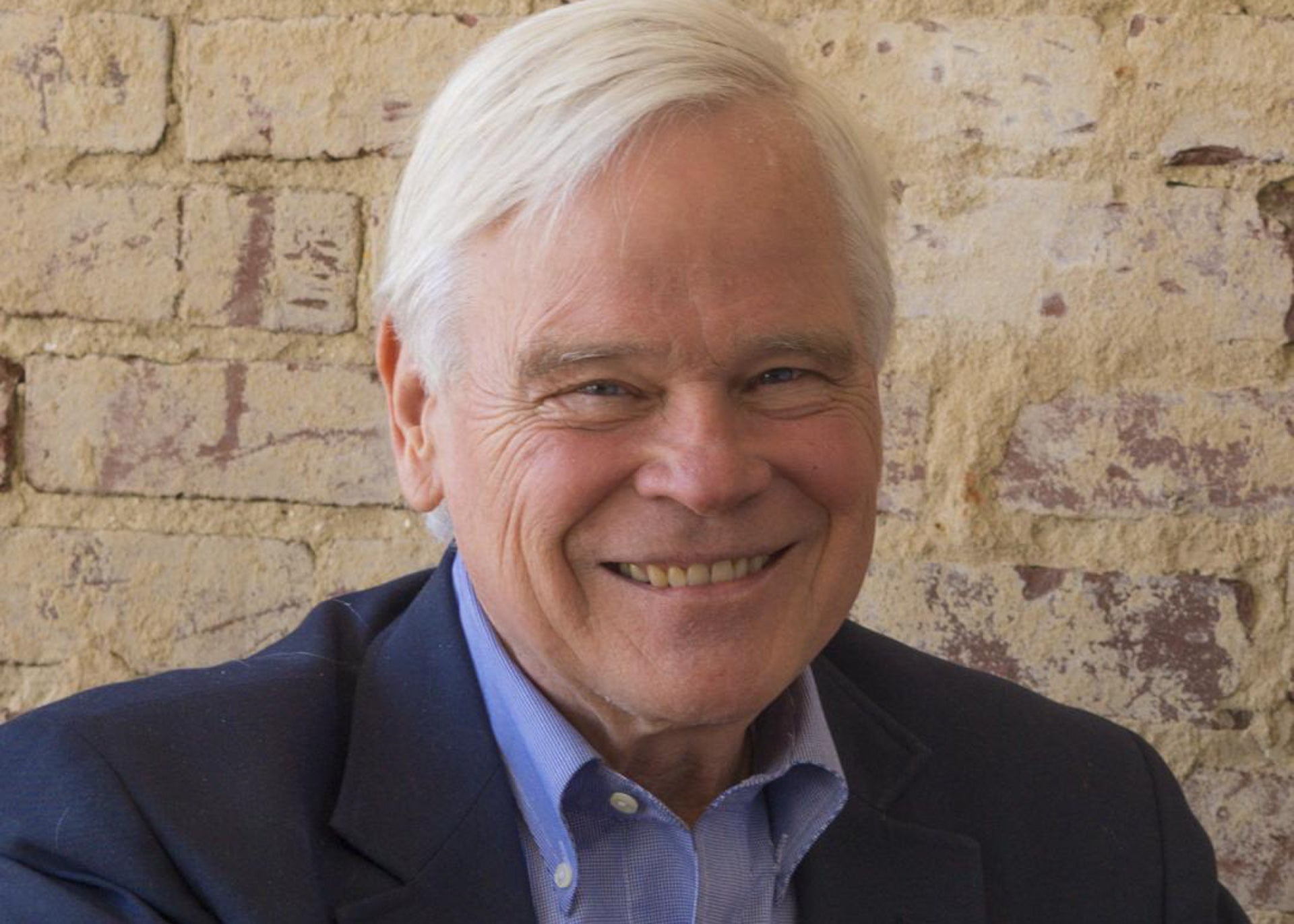One on One: Joe Biden needed Frank Porter Graham last week
Published 11:10 am Saturday, November 6, 2021

- D.G. Martin
|
Getting your Trinity Audio player ready...
|
By D.G. Martin
Could the legendary president of the University of North Carolina, Frank Porter Graham, have helped Joe Biden last week get an agreement among the warring factions of the Democratic Party?
A new book suggests that, if Graham were still alive, he would have been just what Biden needed to bring the fighting Democrats together.
The new book, “Frank Porter Graham: Southern Liberal, Citizen of the World,” was written by William Link, a University of Florida history professor and the biographer of Jesse Helms and William Friday.
Graham was a magician at bringing warring factions together and leading them to agreement. During World War II President Franklin Roosevelt called for Graham’s help in resolving labor disputes that threatened the United States’ war-making capability.
Link explains that Graham would seek out each side “separately in order to let them air their grievances.”
Then, “He and his negotiating team worked into the evening in search of a settlement. Graham practiced transparency, always providing a side with the same information.”
Not every labor organizer was a fan. For instance, the famous leader of the United Mine Workers, John L. Lewis, warned a fellow labor representative, “Be careful of that little SOB, Graham.” Lewis continued, “He will lean across the table, stick his little chin out and ask for your shirt and make you think you owe it to him.”
In North Carolina, Graham is remembered, not so much for his negotiating skills as for his courageous defense of academic freedom, his advocacy for the university during the Depression of the 1930s, his support for working people, and his efforts for fair treatment and opportunity for blacks, all of which Link covers in illuminating detail.
Graham was born in Fayetteville in 1886, the son of a Confederate veteran. He grew up in Charlotte, where his father led the public school system. After an extraordinary career as a student at UNC, he graduated Phi Beta Kappa in 1909. Following graduate work at Columbia University and service in the U.S. Marine Corps, he returned to UNC to teach history. In 1930, over his objection, he was chosen to be president of the university, holding office until 1949 when he was appointed to the U.S. Senate.
His strong efforts to secure public support for the university, his fierce protection of freedom of thought and expression for university faculty and his support for working people and blacks are still part of the university’s culture.
Graham was beloved by university students for many reasons. First, he knew their names, as he had an amazing facility to remember names. He could identify almost every student. He knew their hometowns and family connections. He worked hard to build connections, regularly hosting well-attended Sunday evening open houses for students.
He traveled tirelessly across the state speaking to groups and meeting leaders, remembering names and interests of each person. Link shows how Graham rose from an untenured history teacher to become university president in large part because of this ability and willingness to travel across the state and convince people of the value of the university and explain why it should be supported at a time during the Depression when the legislature was cutting every state activity.
Graham has been dead almost 50 years and it has been more than 70 years since he stepped down as president of UNC to go to the U.S. Senate. He lost that seat in the 1950 Democratic primary, a contest that birthed a generation of progressive political activists and also a generation of dedicated conservatives who opposed him.
Nevertheless, the memory of his struggles still lives and still inspires on the university campus and among progressive activists across the state.
Covering Graham’s life and work in detail, Link helps readers understand why he was so influential and why his influence endures.
D.G. Martin hosts “North Carolina Bookwatch,” Sundays at 3:30 p.m. and Tuesdays at 5 p.m. on PBS North Carolina (formerly UNC-TV). The program also airs on the North Carolina Channel Tuesdays at 8 p.m. and other times.
FOR MORE COLUMNS AND LETTERS TO THE EDITOR, CHECK OUT OUR OPINION SECTION HERE.




